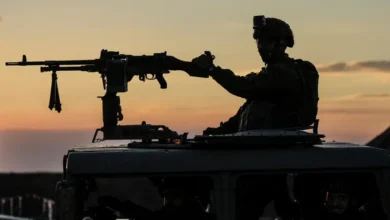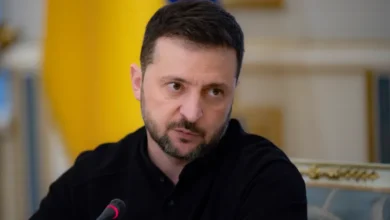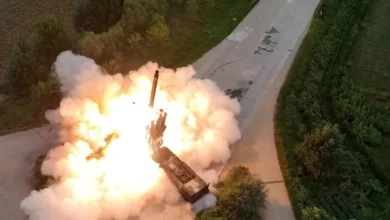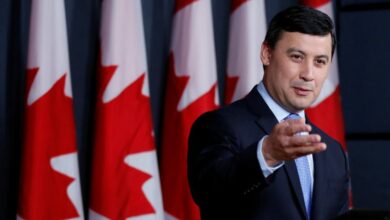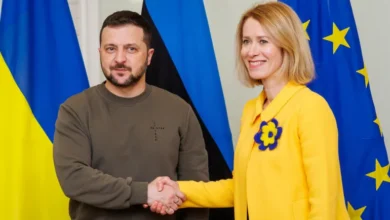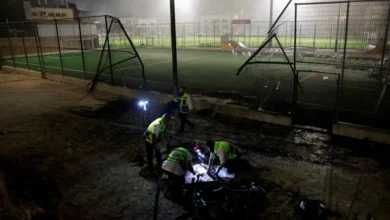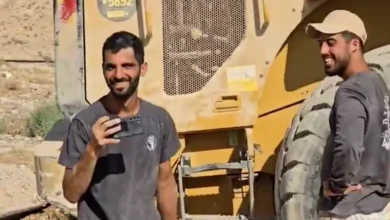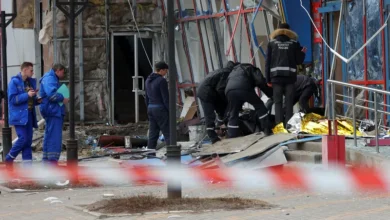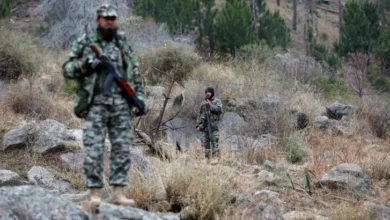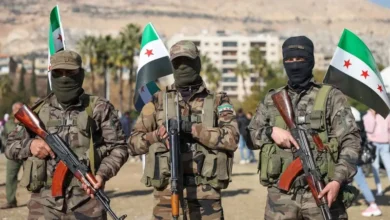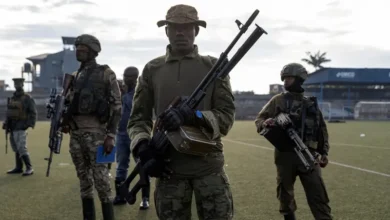UN Yemen envoy indicates new truce may be agreed
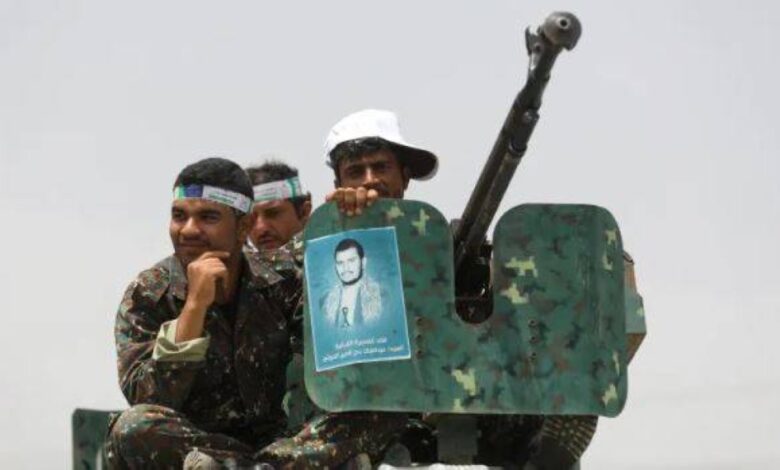
The prospects of a renewed truce in Yemen have grown, according to the United Nations special envoy for Yemen, as regional and international diplomatic activity to end the country’s eight-year conflict intensifies.
Hans Grundberg, addressing a UN Security Council briefing on Monday, more than three months after an initial truce pact expired, said there had been “a potential step change” in the conflict’s trajectory, though the situation remained “complex and fluid”.
Grundberg, a Swedish diplomat who has served in his position since 2021, urged the warring parties to work towards “a shared vision” with concrete steps to restore peace to the Arab world’s poorest nation.
A UN-backed truce initially took effect in April 2022 and raised hopes for a longer pause in fighting, but it ended on October 2 after just six months, after the Houthi rebels, who control the capital, Sanaa, and much of northern Yemen, refused to agree to a further extension.
Along with a stop to the fighting, last year’s truce deal allowed some fuel shipments into Houthi-held Hodeidah port and commercial flights from Sanaa, but it did not lift a partial Houthi blockade on the central city of Taiz, a primary goal for the government.
Despite the absence of a truce extension, fighting has not escalated.
“The overall military situation in Yemen has remained stable,” Grundberg told the UNSC. “There has been no major escalation nor changes in the disposition on the front lines.”
“However we continue to see some military activity in particular along the front lines … these military activities have regrettably, also resulted in civilian casualties.”
The UN is now pushing for an extended and broader deal encompassing a mechanism to pay public sector wages.
The Iran-allied Houthis and the Saudi-backed Yemeni government disagree on who should be paid however, with the government saying that payments should only be made to those in Houthi-controlled areas serving as civil servants before the Houthi takeover. The Houthis want the payments to be made according to the payrolls they have updated.
The Houthis seized Sanaa and much of northern Yemen in 2014, eventually forcing the government into exile.
A Saudi-led coalition, including the United Arab Emirates, militarily intervened in 2015 to try to restore the internationally recognised government to power, launching an air strike campaign.
More than 150,000 people have been killed, including 14,500 civilians.
No ‘piecemeal approach’
Grundberg, speaking from Sanaa where he is meeting the Houthi leadership, thanked Saudi Arabia and Oman for their diplomacy and said discussions in the past month have developed “options for mutually acceptable solutions to outstanding issues”.
However, he advised against a “piecemeal approach” focused on individual needs, saying talks on short-term steps should be part of a broader approach towards a sustainable resolution of a multifaceted conflict in which several parties are vying for power.
The UN envoy said “escalatory political and economic measures” could reignite violence.
UN humanitarian chief Martin Griffiths, who was Grundberg’s predecessor as envoy to Yemen, was also present at the meeting, and echoed his successor, saying the new year “brings a genuine opportunity to move the political process forward”.
“The international community – and more importantly the parties to the conflict – must not let this chance go to waste,” he said.
